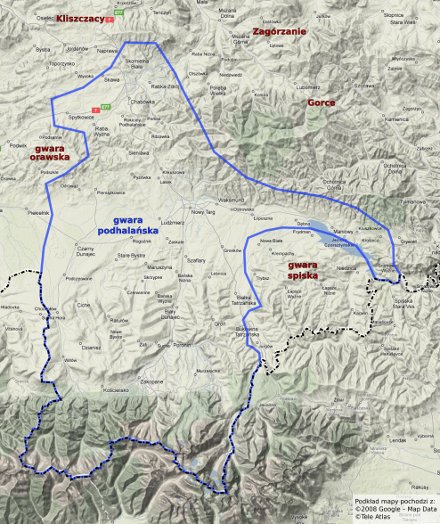boletus
18 Aug 2012
Language / Counting hundreds in Polish - "set" from 500 [11]
That's due to historical development of the language. Perhaps comparison of several Slavic languages would be interesting.
Typology of numerals in various languages: grzegorj.private.pl/typpl/typollicz.html
Polish
100 sto
200 dwieście => dwie (feminine) ście
300 trzysta => trzy sta
400 czterysta => cztery sta
500 pięćset => pięć set
600 sześćset => sześć set
700 siedemset => siedem set
800 osiemset => osiem set
900 dziewięćset => dziewięć set
Lower Sorbian - this language is quite close to Polish
100 sto
200 dwěsćě
300 tśista
400 styrista
500 pěśstow
600 šesćstow
700 sedymstow
800 wosymstow
900 źewjeśstow
Upper Sorbian - closer to Czech
100 sto
200 dwě sćě
300 tři sta
400 štyri sta
500 pjeć stow
600 šěsć stow
700 sydom stow
800 wosom stow
900 dźewjeć stow
Czech
100 sto
200 dvě stě
300 tři sta
400 ètyři sta
500 pět set
600 šest set
700 sedm set
800 osm set
900 devět set
Slovak - the most regular
100 sto
200 dvesto
300 tristo
400 štyristo
500 pä»sto
600 šes»sto
700 sedemsto
800 osemsto
900 devä»sto
Why does Polish have endings change from sto/sta etc to set at 500, all the way through to and including 900?
That's due to historical development of the language. Perhaps comparison of several Slavic languages would be interesting.
Typology of numerals in various languages: grzegorj.private.pl/typpl/typollicz.html
Polish
100 sto
200 dwieście => dwie (feminine) ście
300 trzysta => trzy sta
400 czterysta => cztery sta
500 pięćset => pięć set
600 sześćset => sześć set
700 siedemset => siedem set
800 osiemset => osiem set
900 dziewięćset => dziewięć set
Lower Sorbian - this language is quite close to Polish
100 sto
200 dwěsćě
300 tśista
400 styrista
500 pěśstow
600 šesćstow
700 sedymstow
800 wosymstow
900 źewjeśstow
Upper Sorbian - closer to Czech
100 sto
200 dwě sćě
300 tři sta
400 štyri sta
500 pjeć stow
600 šěsć stow
700 sydom stow
800 wosom stow
900 dźewjeć stow
Czech
100 sto
200 dvě stě
300 tři sta
400 ètyři sta
500 pět set
600 šest set
700 sedm set
800 osm set
900 devět set
Slovak - the most regular
100 sto
200 dvesto
300 tristo
400 štyristo
500 pä»sto
600 šes»sto
700 sedemsto
800 osemsto
900 devä»sto
 PolishForums LIVE / Archives [3]
PolishForums LIVE / Archives [3]
